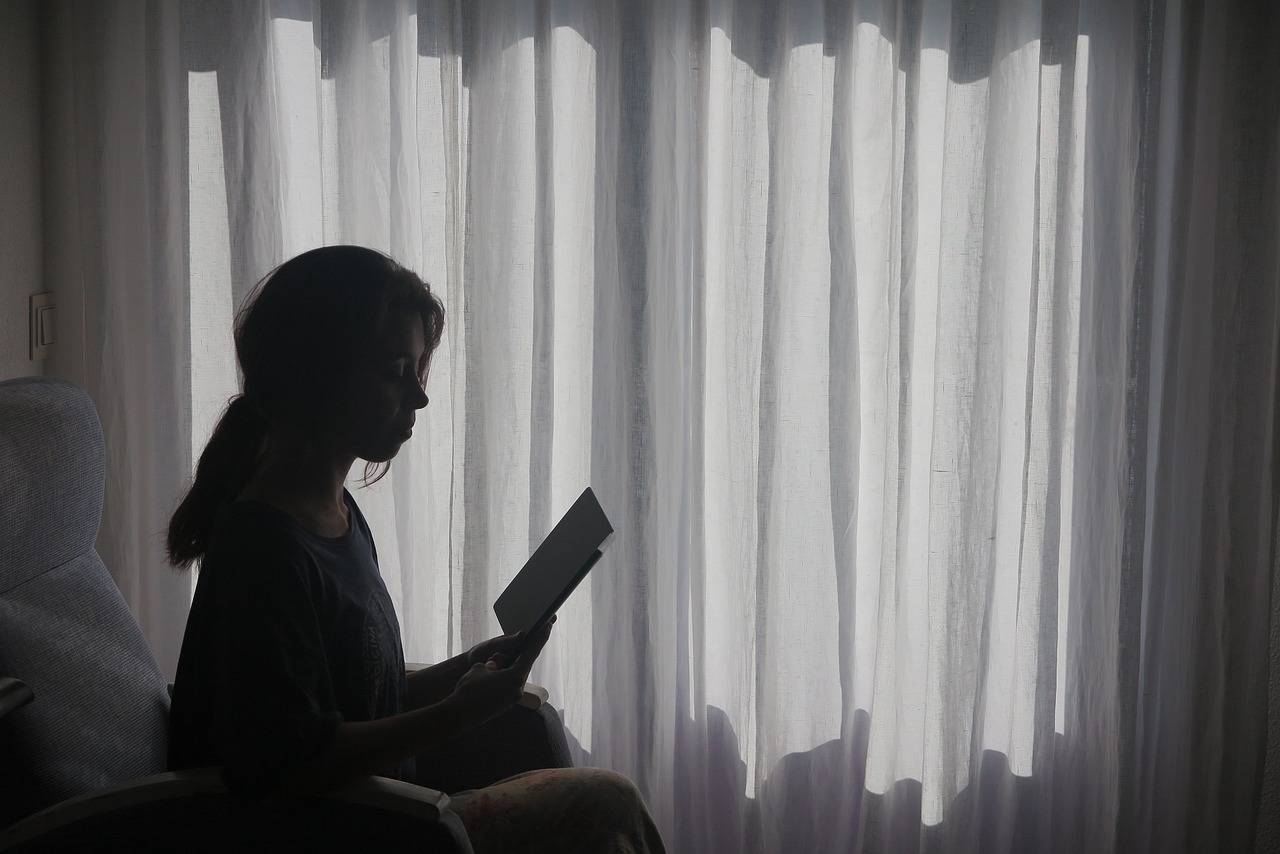Charter Schools and Special Education: Meeting Diverse Needs: Cricket bet99 login, Sky11 login, Reddy anna online book
cricket bet99 login, sky11 login, reddy anna online book: Charter Schools and Special Education: Meeting Diverse Needs
When it comes to education, one size does not fit all. Every student has unique needs and learning styles, especially those who require special education services. Charter schools have been gaining popularity as an alternative to traditional public schools, offering flexibility and innovation in education. But how do charter schools cater to students with disabilities and special needs? Let’s dive into that topic and explore how charter schools are meeting the diverse needs of all students.
Individualized Education Plans (IEPs)
Charter schools are required to provide special education services to students with disabilities, just like traditional public schools. This includes developing Individualized Education Plans (IEPs) for each student with special needs. An IEP outlines the specific services and accommodations that a student requires to succeed academically.
Small Class Sizes
Many charter schools have smaller class sizes compared to traditional public schools. This can be beneficial for students with disabilities as it allows for more personalized attention and support from teachers. Smaller class sizes also create a more inclusive and supportive learning environment for all students.
Specialized Programs and Services
Charter schools often have the flexibility to create specialized programs and services to meet the needs of students with disabilities. This can include specialized instruction, therapy services, and assistive technology. By tailoring their programs to the needs of individual students, charter schools can provide a more inclusive and effective learning experience.
Parental Involvement
Charter schools typically have strong relationships with parents and guardians, involving them in the education process. This can be particularly beneficial for students with disabilities, as parents can provide valuable insights into their child’s needs and preferences. By working together with parents, charter schools can create a more collaborative and supportive learning environment for students with special needs.
Professional Development
Charter schools often prioritize professional development for their teachers and staff, including training in special education strategies and best practices. This ensures that educators are equipped with the knowledge and skills to effectively support students with disabilities. By investing in professional development, charter schools can create a more inclusive and welcoming environment for all students.
Inclusive Culture
Charter schools often promote an inclusive culture that celebrates diversity and individuality. This can be empowering for students with disabilities, as they feel accepted and valued for who they are. By fostering an inclusive culture, charter schools create a supportive environment where all students can thrive and succeed.
In conclusion, charter schools are playing a vital role in meeting the diverse needs of students with disabilities and special needs. By providing individualized education plans, small class sizes, specialized programs, parental involvement, professional development, and an inclusive culture, charter schools are creating inclusive and supportive learning environments for all students. These schools are embracing the diversity of their student population and ensuring that every student has the opportunity to reach their full potential.
FAQs
Q: Do charter schools have to provide special education services?
A: Yes, charter schools are required to provide special education services to students with disabilities, just like traditional public schools.
Q: Can charter schools create specialized programs for students with disabilities?
A: Yes, charter schools have the flexibility to create specialized programs and services to meet the needs of students with disabilities.
Q: Do charter schools have smaller class sizes?
A: Many charter schools have smaller class sizes compared to traditional public schools, which can benefit students with disabilities by providing more personalized attention.
Q: How can parents be involved in their child’s education at a charter school?
A: Charter schools typically have strong relationships with parents and involve them in the education process, allowing parents to provide valuable insights into their child’s needs and preferences.
Q: Are charter schools inclusive of students with disabilities?
A: Yes, charter schools often promote an inclusive culture that celebrates diversity and individuality, creating a supportive environment where all students can thrive.







